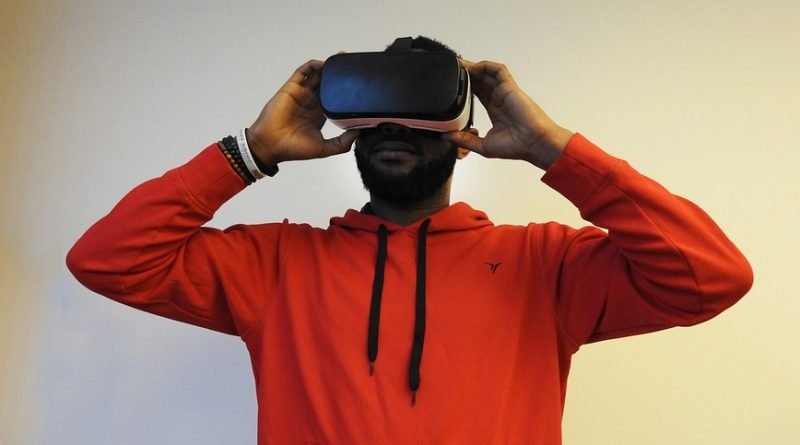From Sci-Fi to Reality: How VR Is Shaping the Future of Mental Health Treatment
Virtual reality (VR) technology has long been a staple of science fiction, featured in novels, movies, and television shows as a futuristic form of entertainment or escapism. However, in recent years, VR has started to move beyond the realm of fantasy and into the real world, particularly in the field of mental health treatment.
The use of VR as a tool for mental health treatment is gaining traction due to its ability to create immersive, interactive experiences that can help individuals confront and manage a variety of mental health challenges. From anxiety disorders to PTSD, VR therapy is proving to be a promising alternative to traditional forms of treatment.
One way VR is being utilized in mental health treatment is through exposure therapy. Exposure therapy involves gradually exposing individuals to the source of their fear or trauma in a controlled environment, allowing them to process and overcome their anxiety. In VR, this exposure can be simulated in a safe and controlled setting, helping individuals confront their fears in a more manageable way.
For example, VR has been used to treat PTSD in veterans by recreating combat scenarios, allowing them to process their trauma in a controlled and supportive environment. In a study published in the Journal of Clinical Psychology, veterans who received VR exposure therapy showed significant reductions in PTSD symptoms compared to those who did not receive the treatment.
Beyond exposure therapy, VR is also being used to treat a range of other mental health conditions, including phobias, depression, and autism. For individuals with social anxiety, VR can provide a safe space to practice social interactions and build confidence in real-world situations. For individuals with depression, VR can offer immersive experiences that promote relaxation and positive emotions.
Additionally, VR is also being used in mindfulness-based therapies, helping individuals learn and practice relaxation techniques and mindfulness exercises in a virtual environment. By combining VR technology with traditional therapeutic approaches, mental health professionals are able to provide more personalized and effective treatment options for their clients.
While VR therapy is still a relatively new and evolving field, the potential benefits are significant. By leveraging the power of immersive experiences, VR has the ability to revolutionize mental health treatment by providing a more engaging, effective, and accessible form of therapy.
As VR technology continues to evolve and become more widespread, the possibilities for its applications in mental health treatment are endless. From virtual support groups to personalized therapy experiences, VR has the potential to transform the way we approach mental health care and improve outcomes for individuals struggling with mental health challenges.
Overall, from science fiction to reality, VR is shaping the future of mental health treatment in profound ways. With its ability to create immersive, interactive experiences, VR therapy is poised to revolutionize the field of mental health care and provide individuals with new tools for healing and growth.
